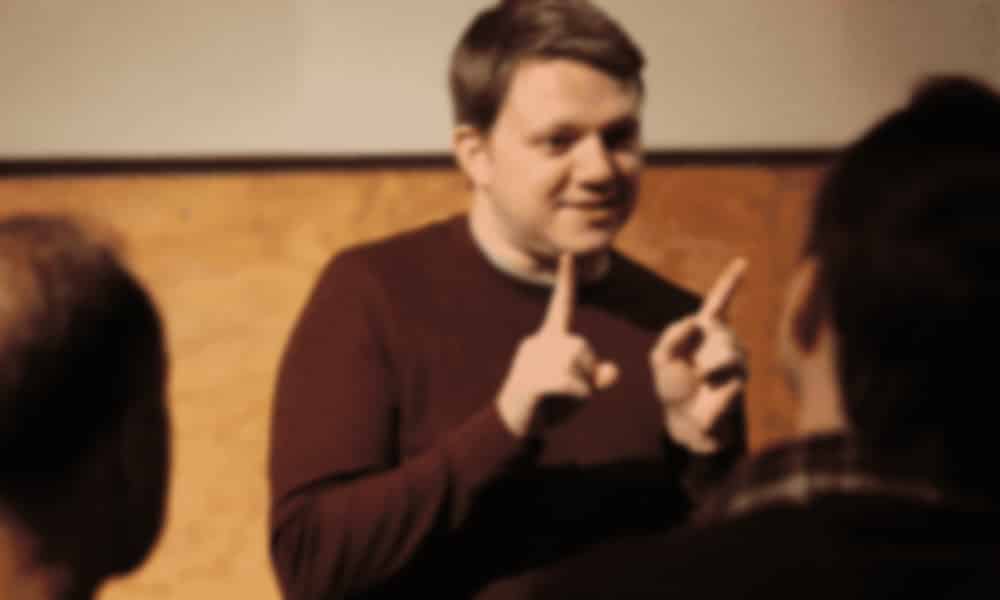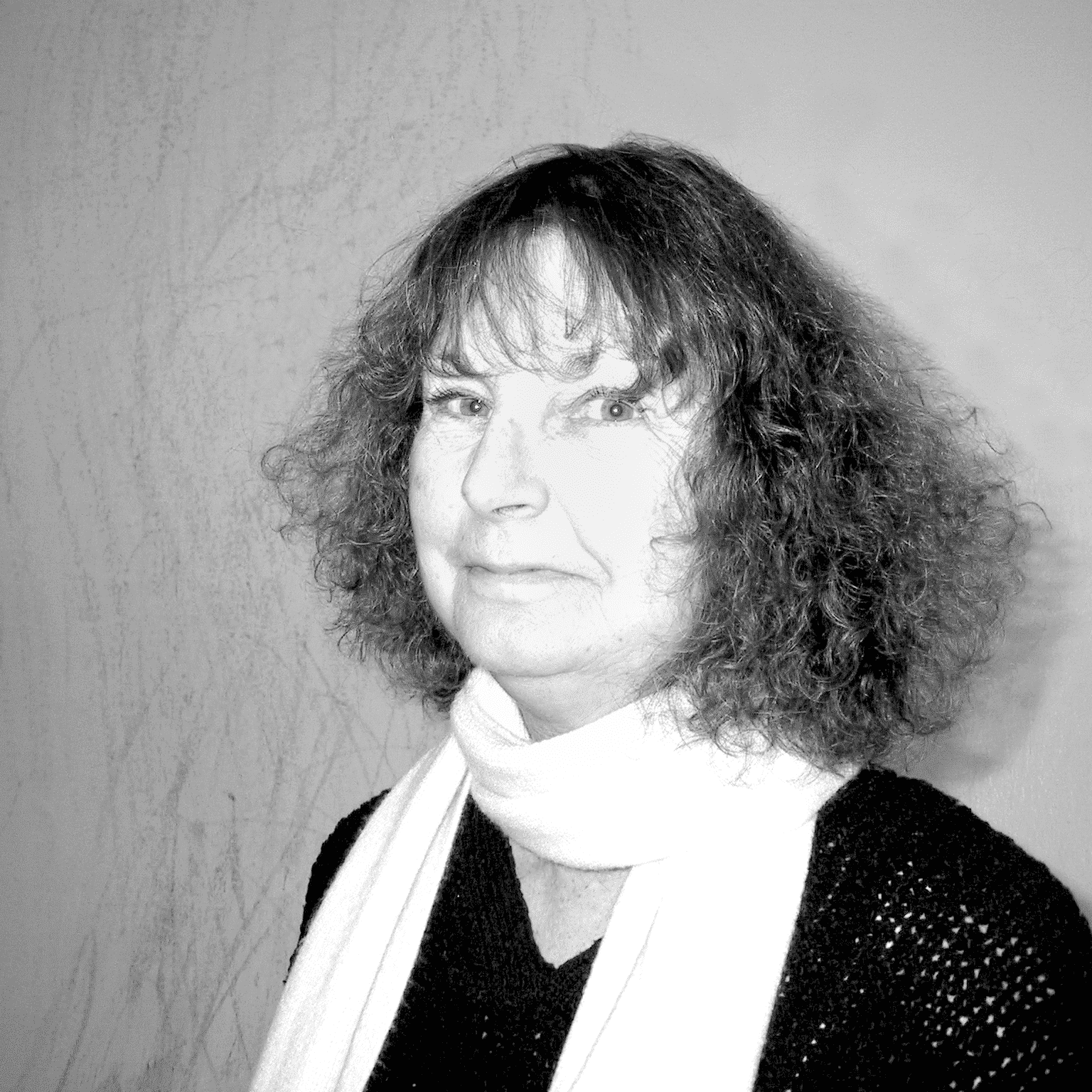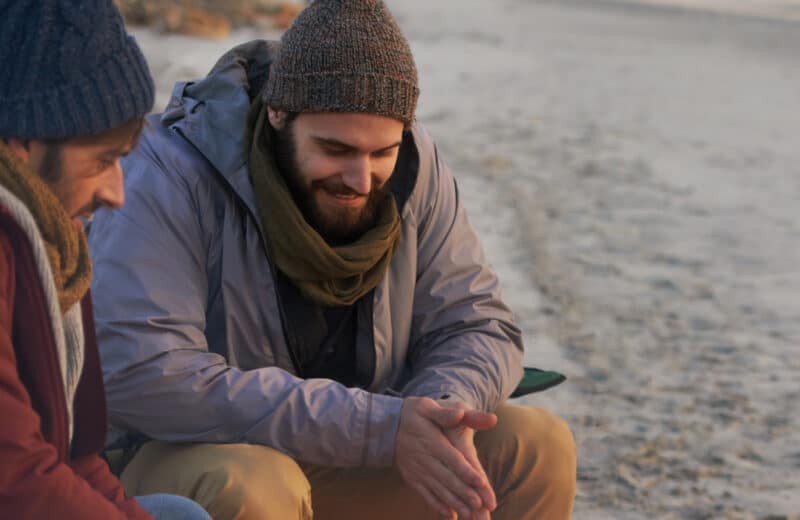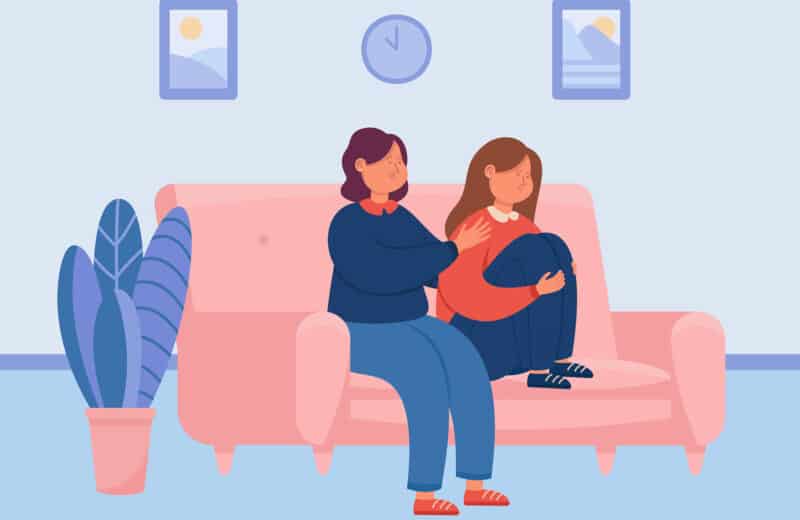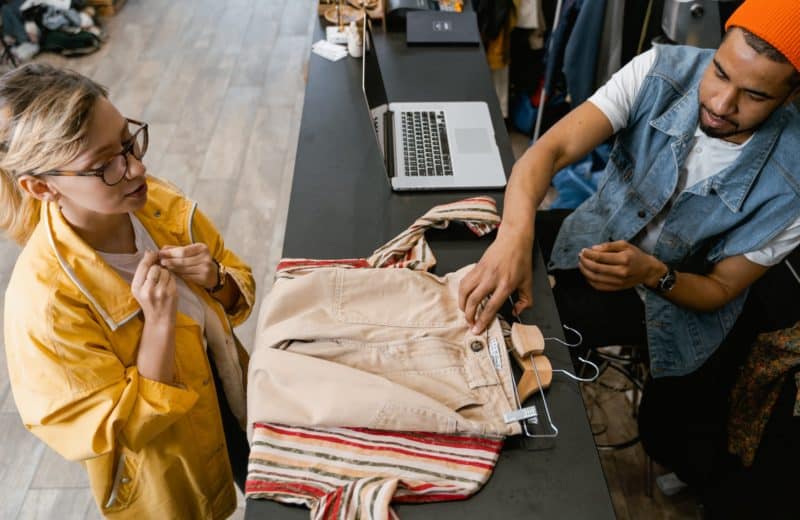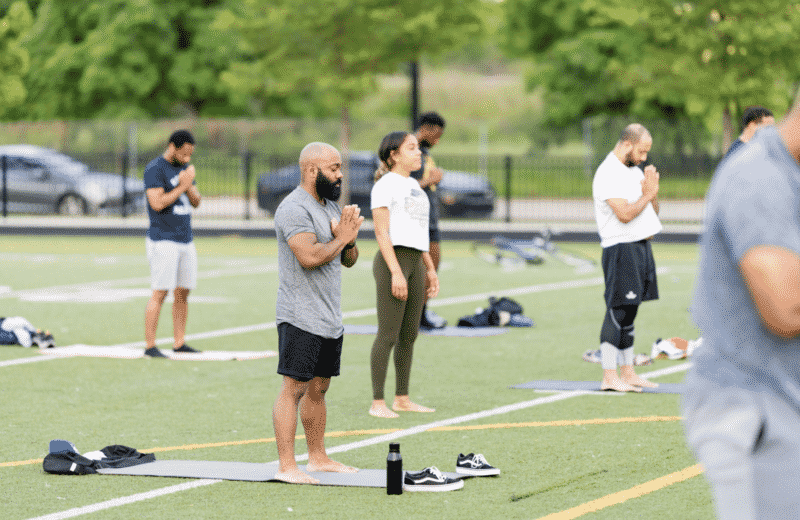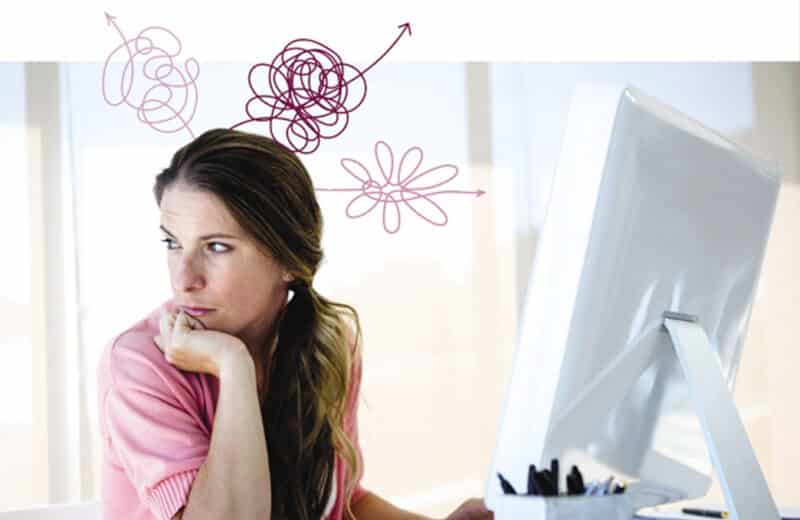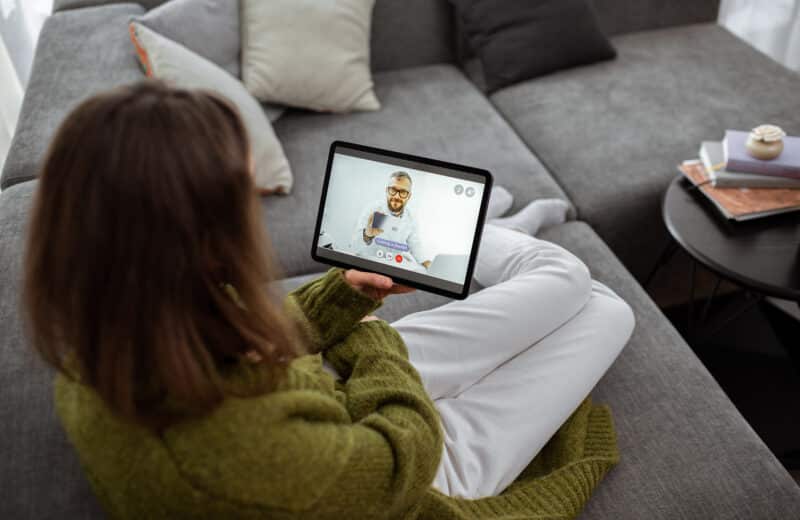Photo above: The Second City Training Center Artistic Director Matt Hovde
When Nick Johne, who teaches improv at the Second City Training Center (SCTC) and DePaul University, was exploring therapies for his 6-year-old daughter with autism spectrum disorder (ASD), he discovered one thing that troubled him: There were no programs in which youngsters could laugh and have fun. The remedy was obvious. He had been teaching an improv class for people with social anxiety disorder at the SCTC, so why shouldn’t he develop one for young people with ASD?
People living with ASD may have trouble interacting with others and difficulty making friends, they may lack verbal and nonverbal communication skills, and they might get locked into repetitive behavior. From where Johne stood, improv theater games and exercises looked like an antidote to these symptoms.
“Improv in the Second City tradition is about saying yes,” Johne explains. “You give me an offer which could be a verbal cue, a physical cue or an emotional cue, and I accept that and add my own thing to it and build on it. It’s about team building and collaboration, using communication skills, being spontaneous and thinking outside the box, which are things people on the spectrum have a hard time dealing with, but we do them in a playful manner.”
Johne teamed up with one of his former DePaul students, Molly Fisher, who has a master’s degree in acting from DePaul, has worked with special-needs students at New Trier High School and teaches improv at Second City, to develop the curriculum for a three-day pilot program for teens that she [and Johne?] had taught last summer. They are preparing to launch the first in an ongoing series of Improv for ASD classes that will meet once a week for 12 weeks, starting this spring for teens ages 15–18 and for adults 19 and older.
During the pilot program, Johne and Fisher realized that they couldn’t set their curriculum in stone because the spectrum of autism symptoms is broad and varies from one individual to another. So, they will first get to know the students in the new classes and then pick and choose the improv games and activities that are right for them.
“When the students would start to shut down verbally in the improv scene, they were able to communicate physically or express themselves emotionally, and some started feeling more comfortable looking someone in the eye, which took away different layers of their armor,” says Fisher.
In another exercise, each student was asked to describe a pet peeve, and eventually, they were asked to collaborate and all rant about their complaints at the same time.
“We tend to give people with autism daily scripts and verbal cues so they can interact more comfortably in the outside world,” Fisher says, “But here, we encourage those scripts and more. Here they get to be who they are and verbalize their own opinions and say what they want to as long as it doesn’t hurt anyone else.”
It also gives the participants a chance to discover new things about themselves. “One of the potential characteristics of autism is repetition and getting locked into patterns that feel comfortable, and we saw those patterns breaking down,” says Fisher.
She explains an instance in which one teen got stuck in a pattern of telling the same joke over and over again. But as the class went on, he became comfortable on his own to tell the joke in multiple different ways—standing sitting; standing on a chair. This led to something totally new, in that the joke evolved into a new story with entirely new elements and depths that had never before come to light.
A common denominator of the class is a special kind of laughter that gives a boost to self-confidence and creates a feeling of camaraderie. “Guys in the pilot [program] would say or do something that would make the others laugh, but it was a different kind of laughter than being laughed at, it was earned laughter because they had done something funny on purpose,” Johne says.
These improv classes prove once again that laughter can be the best medicine.
Improv for ASD , classes begin March 21, 5–6:30 p.m. for ages 15–18; 7– 8:30 p.m. for adults 19 and older, $325, Second City Training Center, 1608 N. Wells St., 312-664-3959, secondcity.com.

